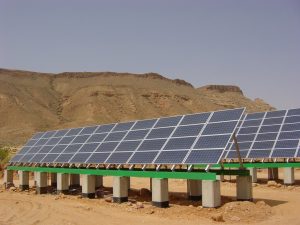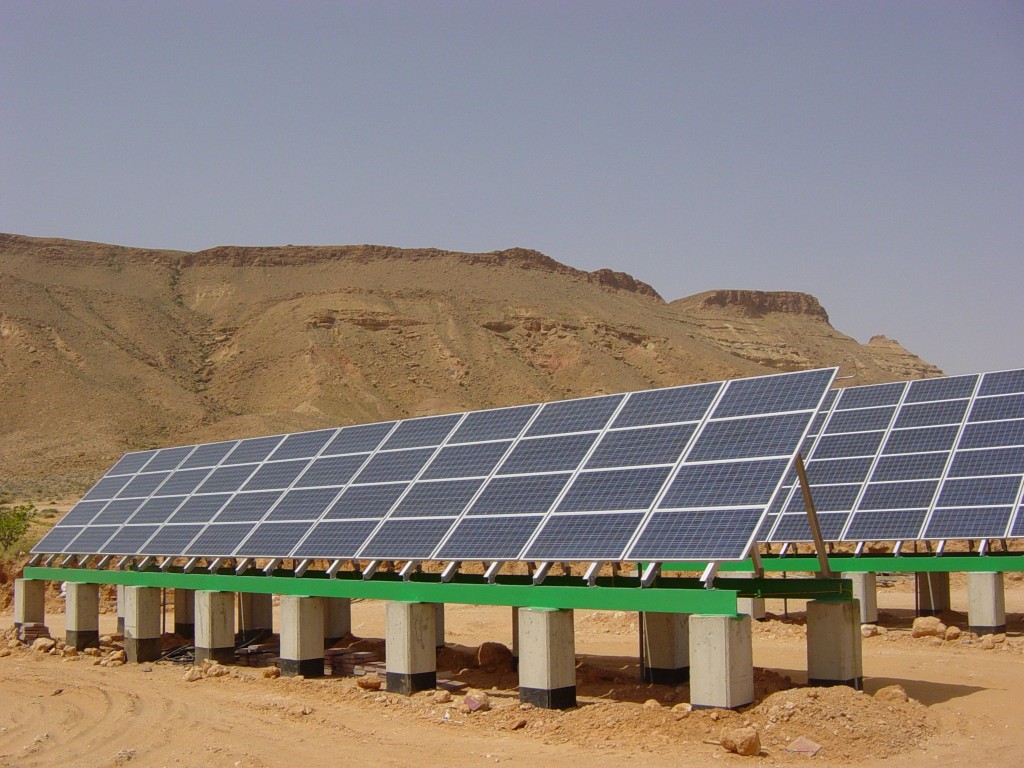 The United Nations Development Program is funding the installation of solar power panels on the roofs of hospitals in several cities across Libya to ensure a steady supply of electricity.
The United Nations Development Program is funding the installation of solar power panels on the roofs of hospitals in several cities across Libya to ensure a steady supply of electricity.
Power outages are a frequent occurrence in the North African nation’s towns and hospitals always bear the brunt of these recurring blackouts. Solar panels have already been installed in 10 hospitals, according to Reuters.
A solar panel installed at Abu Salem’s emergency hospital by the UNDP can produce about 37.5 KW, and store about 130 KW. Daytime consumption amounts to 37 KW and nighttime consumption to 5 KW.
The installations for the Tripoli hospitals are funded by The United Nations Central Emergency Response Fund (CERF), which supports rapid humanitarian response.
The Libyan plan includes increasing installed electrical generation capacity to 20 gigawatts by 2020 from about 6.2 GW at present. Besides supplying the domestic market, Libya is aiming to export power to Europe.
Tripoli has also set a target of supplying 10 per cent of its energy consumption from renewable sources, especially solar thermal and wind energy.
